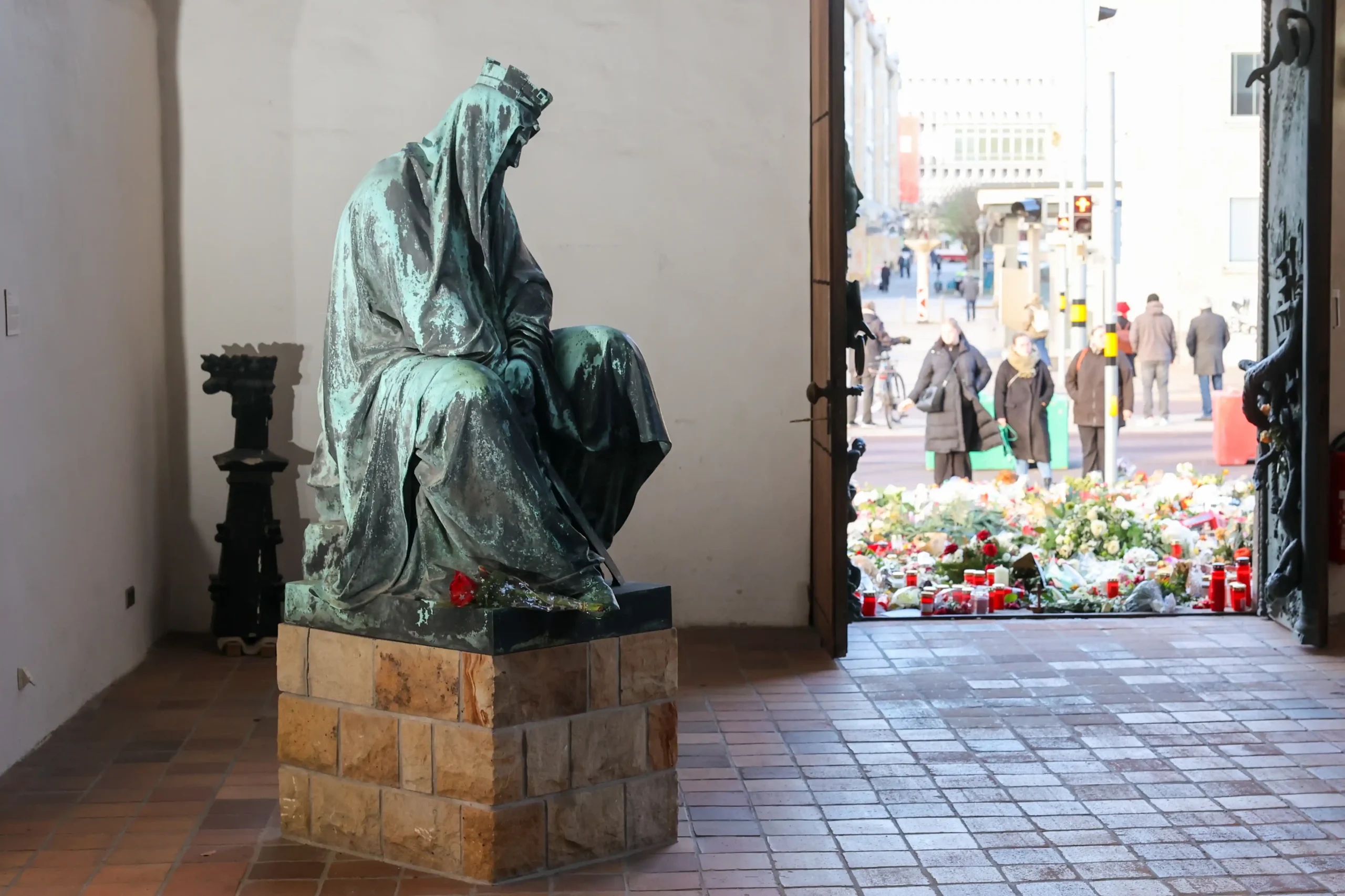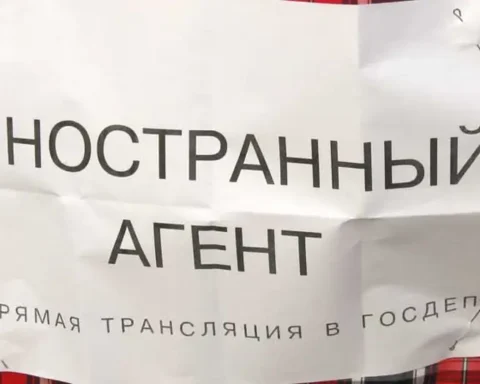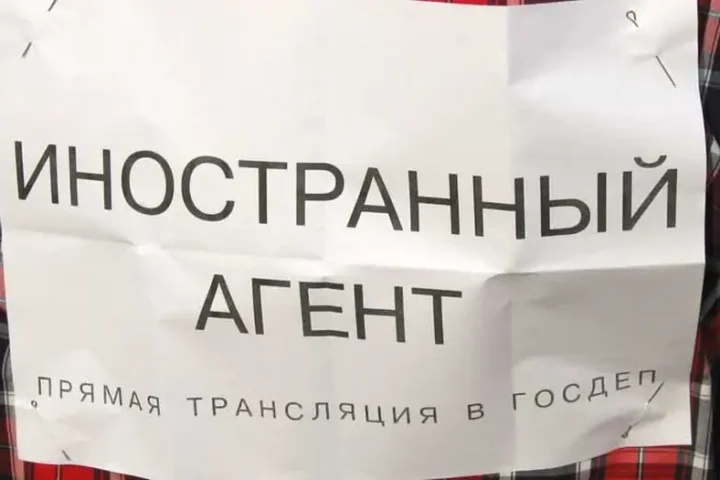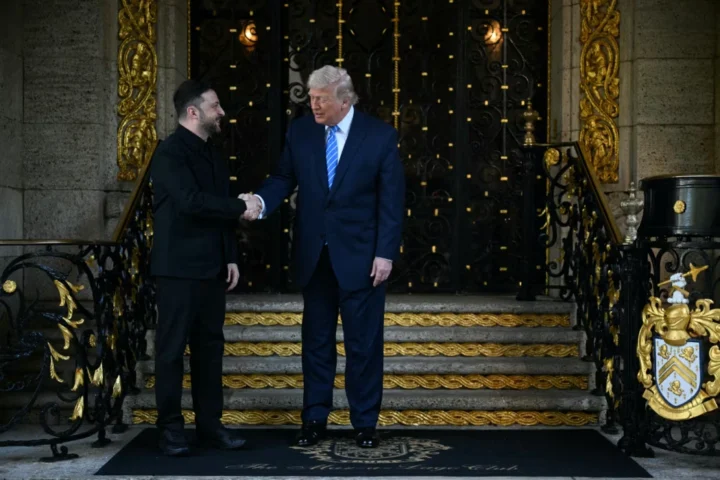The holiday season is a time for unity and shared humanity, marked by gestures of goodwill among people of diverse beliefs. However, not everyone embraces this spirit of togetherness. Among those who reject it are Islamist extremists, who harbor deep disdain for celebrations not explicitly sanctioned by Islam. This ideology has manifested in acts of violence during holidays, reflecting an entrenched hostility that spans centuries.
Historical Roots of Islamist Rejection of Holidays
The aversion to non-Islamic holidays stems from the teachings of medieval Islamic theologians. Ibn Taymiyyah (1263–1328), a prominent figure, argued that participating in non-Muslim festivals equates to endorsing infidelity. His disciple, Ibn al-Qayyim (1292–1350), further emphasized that congratulating non-Muslims on their holidays was a graver sin than other acts explicitly prohibited in Islam.
Christmas, in particular, evokes the strongest opposition. For many Islamist scholars, the holiday symbolizes the ultimate theological affront: the Christian belief in the incarnation of God as man. Historian Raymond Ibrahim notes that these theologians view Christmas as “the biggest crime ever committed by humanity,” rooted in their perception of polytheism as the gravest sin in Islam.
Modern Echoes of Medieval Intolerance
Contemporary Islamist leaders continue to propagate these medieval interpretations. Yousuf al-Qaradawi, a spiritual authority of the Muslim Brotherhood, has denounced Christmas as undermining Muslim identity. Similarly, Saudi cleric Fawzan al-Fawzan infamously declared the 2004 Indian Ocean tsunami “Allah’s punishment,” linking the tragedy to Christmas celebrations.
In the West, these views are echoed by imams who explicitly forbid Muslims from participating in non-Islamic holidays. Canadian imam Younus Kathrada, for instance, has claimed that even serious sins such as murder or adultery pale in comparison to the act of congratulating non-Muslims on their festivals.
Violence as a Manifestation of Ideology
This ideological hostility has translated into violence against holiday celebrations, often under the guise of preserving Islamic values. Over the past decade, jihadist attacks have targeted public gatherings during Christmas, New Year’s, and other holidays, resulting in tragic loss of life and widespread fear. Examples include:
- The 2015 San Bernardino shooting at a Christmas party, which left 14 dead.
- The 2016 Berlin Christmas market attack, killing 12 and injuring dozens.
- The 2017 New Year’s Eve attack in Istanbul, where 39 lives were lost.
- More recently, the 2024 Lahore Christmas celebration attack wounded several attendees, followed by a deadly New Orleans attack on New Year’s Day.
Understanding the Broader Context
To address this persistent threat, it’s important to examine the factors enabling such violence:
- Sudden Jihad Syndrome: Many attackers appeared outwardly normal before committing acts of violence, making preemptive law enforcement measures challenging. This unpredictability underscores the need for robust counter-radicalization initiatives.
- Immigration Policies: A significant number of perpetrators have ties to recent migration, raising questions about the effectiveness of current immigration policies in screening for extremist ideologies.
- Public Apathy: Western societies often react strongly in the immediate aftermath of attacks but fail to maintain consistent vigilance against the ideological roots of Islamism. Sustained awareness and action are crucial to combating this totalitarian threat.
Fostering Resilience Against Extremism
Countering Islamist hostility to holidays—and the violence it breeds—requires a multi-faceted approach. Governments must prioritize education, community engagement, and law enforcement strategies to undermine extremist narratives. At the same time, fostering genuine interfaith dialogue can challenge the ideological underpinnings of such intolerance.
Ultimately, the spirit of the holidays—unity, compassion, and goodwill—offers a powerful antidote to the divisive rhetoric of extremists. By standing firm in these values, societies can resist the forces that seek to sow fear and discord.
















